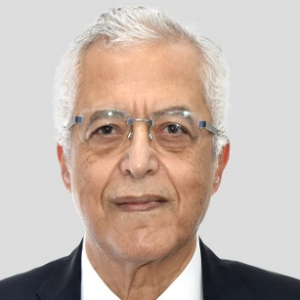Biological Engineering
Biological Engineering, also known as bioengineering, is a multidisciplinary field that applies principles of engineering to biological systems, with the goal of solving complex problems and developing innovative technologies. This interdisciplinary approach merges biology, chemistry, physics, and engineering to create solutions in healthcare, agriculture, environmental management, and beyond. In healthcare, biological engineering encompasses the design of medical devices, biomaterials, and tissue engineering approaches. It plays a pivotal role in genetic engineering, gene therapy, and the development of diagnostic tools, contributing to advancements in personalized medicine and regenerative therapies. In agriculture, biological engineering enhances crop productivity, pest resistance, and environmental sustainability. Genetic modification, precision agriculture, and the development of bio-based fertilizers are among the applications driving innovation in this sector. Environmental applications of biological engineering include bioremediation techniques to clean up pollutants, wastewater treatment using biological processes, and sustainable practices for resource conservation. Biological engineering also plays a crucial role in bioprocessing and biomanufacturing, contributing to the production of pharmaceuticals, biofuels, and various bioproducts. Advancements in synthetic biology, systems biology, and computational modeling are shaping the future of biological engineering. The integration of technologies such as CRISPR gene editing, artificial intelligence, and nanotechnology further expands the capabilities of this field. Ethical considerations, regulatory frameworks, and public engagement are integral components of biological engineering to ensure responsible and safe applications. As the field continues to evolve, biological engineering holds immense potential to address global challenges and contribute to sustainable and innovative solutions across diverse industries.

Nagy Habib
Imperial College London, United Kingdom
Lucie Bacakova
Institute of Physiology of the Czech Academy of Sciences, Czech Republic



Title : AI-integrated high-throughput tissue-chip for space-based biomanufacturing applications
Kunal Mitra, Florida Tech, United States
Title : Stem cell technologies to integrate biodesign related tissue engineering within the frame of cell based regenerative medicine: towards the preventive therapeutic and rehabilitative resources and benefits
Sergey Suchkov, N.D. Zelinskii Institute for Organic Chemistry of the Russian Academy of Sciences, Russian Federation
Title : In vitro evaluation of lyophilized Dedifferentiated Fat cells (DFAT) impregnated artificial dermis
Kazutaka Soejima, Nihon University, School of Medicine, Japan
Title :
Nagy Habib, Imperial College London, United Kingdom
Title :
Alexander Seifalian, Nanotechnology & Regenerative Medicine Commercialisation Centre, United Kingdom
Title : The regenerative medicine of the future
Marco Polettini, DVM, Italy